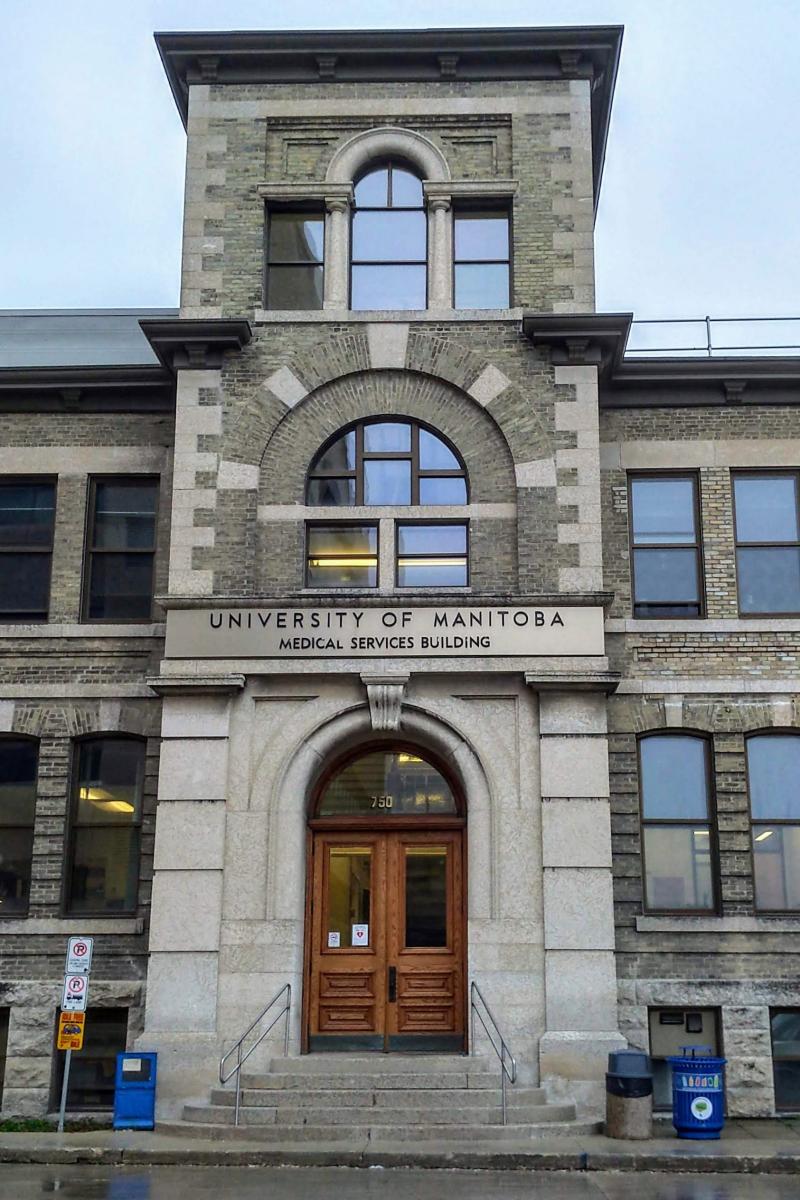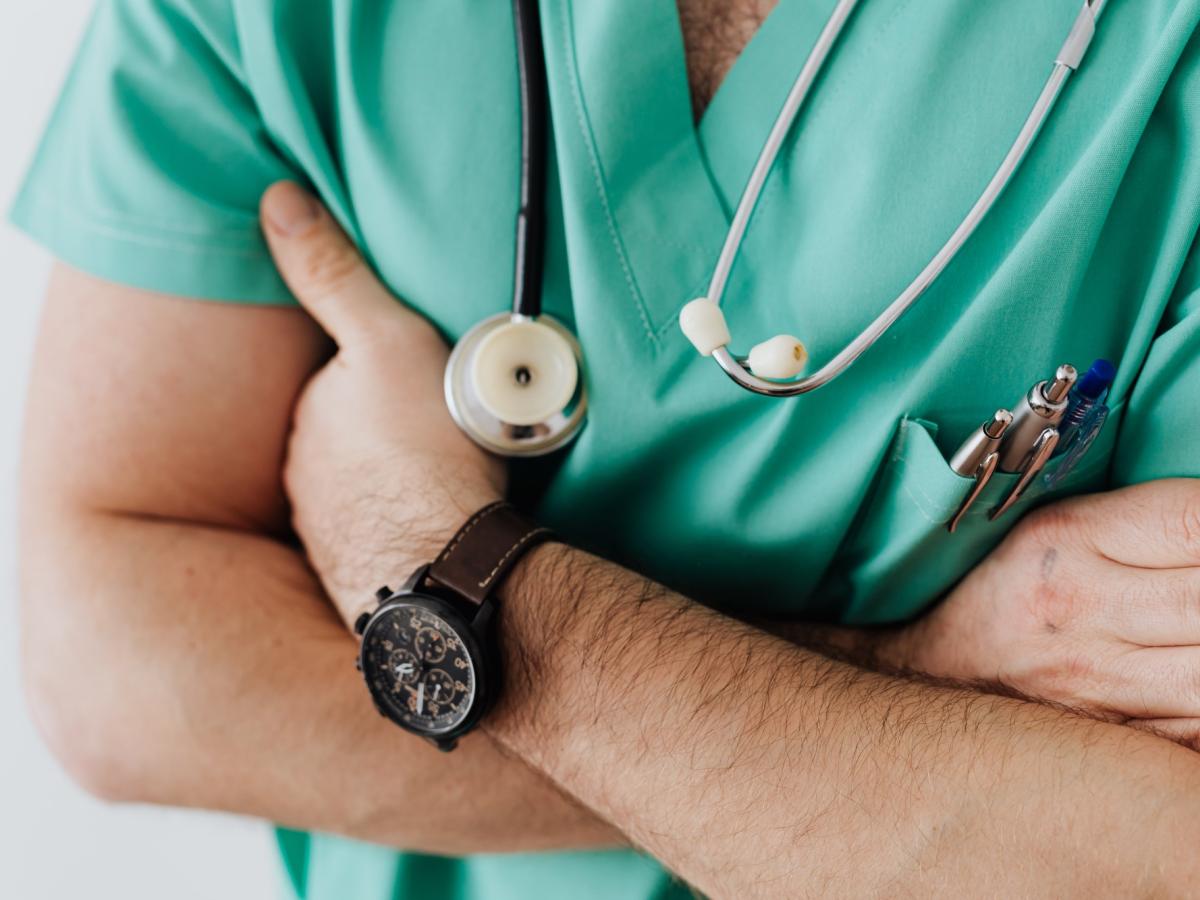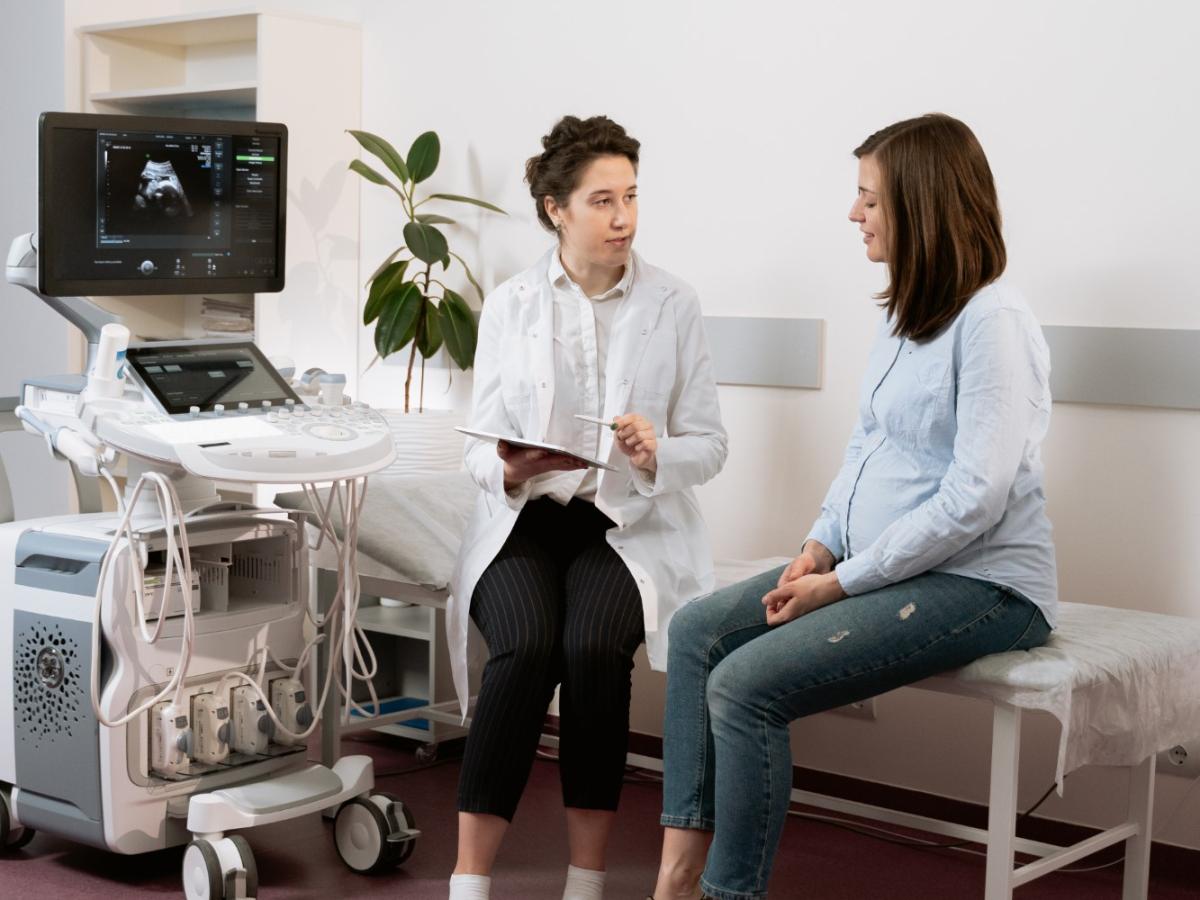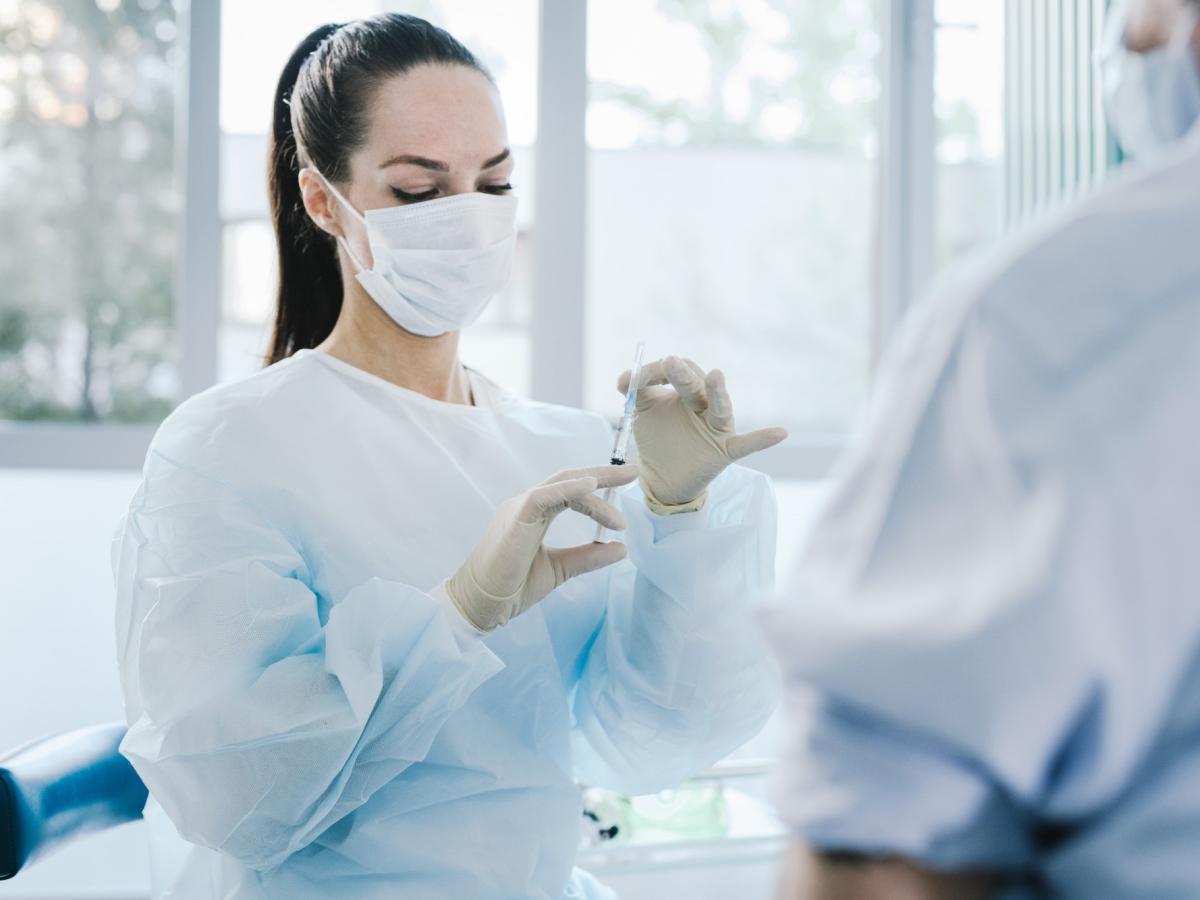
Overview
Residency Timeline
Years 1 & 2: Junior Resident
Residents rotate spend a total of 10 months on the otolaryngology services, and 14 months rotating through complementary fields of study. Off-service rotations include anaesthesia, neurosurgery, trauma surgery, ICU, and others.
Years 3-5: Senior Resident
Residents spend years 3-5 on the otolaryngology service rotations full-time. Residents rotate through core rotations in head & neck surgery, otology & neuro-otology, rhinology, laryngology, facial plastic surgery, pediatric otolaryngology and general otolaryngology. On these rotations, students will gain progressively more experience and independence in patient assessments and management.
Year 5: Transition to Practice/Fellowship
Senior residents will complete their oral and written Royal College examinations in September of their 5th year. Following completion of the examination process, final year residents will begin given further graduated responsibility and independence in patient care as they transition into understanding and developing the skills necessary for independent practice. For those residents continuing on into additional fellowship training, this period allows for further skill development in their chosen field.
Residency Timeline
Junior residents rotate through a 2 year rotating foundational training. Residents spend approximately 10 months in otolaryngology, and the remainder rotating through various medical and surgical disciplines relevant to otolaryngologic practice.
Beginning in third year, Residents spend the next 3 years in core ENT surgical training.
Academic Activities:
Residents have protected academic time on every week. We have created a 2-year academic curriculum for this time, spanning the relevant topics in Otolaryngology. Sessions are delivered in a range of formats: from didactic lectures, case-based learning with staff members, resident-led teaching activities, guest lecturers, and simulation activities.
Our department hosts a weekly grand rounds session on Wednesday mornings. This is attended by the entire Department. Presenters will discuss a range of topics, from innovations in Otolaryngology, current state of the art, individual research interests, visiting lecturers, and Quality Assurance/Improvement initiatives.
Resident Research:
Residents present results of their research activity at our annual Resident Research Day.
Opportunities for Undergraduate Teaching:
Residents have opportunities to be involved in teaching medical students throughout their residency training. Residents are involved in teaching medical students the anatomy of the head and neck, teaching clinical skills in ENT simulation, and participating in case-based learning with medical students. In addition, residents are involved in teaching and supervising medical students while they rotate through otolaryngology clerkship rotations.
Surgical Services and Locations:
We have 4 core services that residents will rotate through: Head and Neck Surgical Oncology, Otology/Neuro-otology, Pediatric Otolaryngology, and Rhinology. Additional rotations in 4th-5th year include rotations in laryngology, and facial plastic surgery.
Otolaryngology care is primarily provided within the two major teaching hospitals in Winnipeg: Health Sciences Centre-Winnipeg, and St. Boniface Hospital. Additional community general otolaryngology surgical slates are also performed at the Victoria General Hospital and Maples Surgical Centre, which residents may attend in their senior years.








